Design for inclusivity: pushing the boundaries in fashion
Design for inclusivity: pushing the boundaries in fashion
Sema Gedik, one of the mentors of the Design Academy, talks about nurturing creativity and diversity through Adaptive fashion design
Sema Gedik, one of the mentors of the Design Academy, talks about nurturing creativity and diversity through Adaptive fashion design
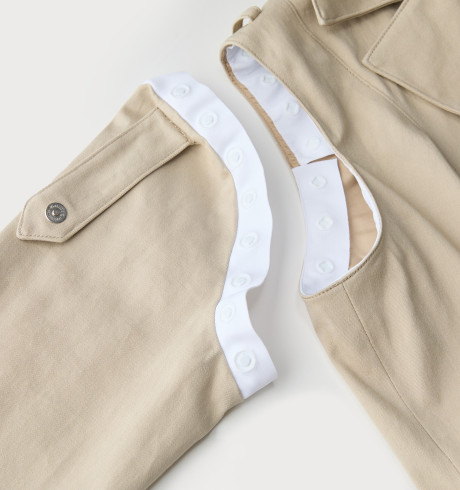
In 2013, fashion designer Sema Gedik embarked on a mission to create stylish, functional garments for people with short stature, founding Auf Augenhoehe—a pioneering brand in inclusive fashion. This year, Sema has joined our Design Academy, an educational programme for emerging fashion designers co-hosted with VORN - The Berlin Fashion Hub, as a mentor.
The 2024/2025 edition of the Design Academy, launched in April, focuses on developing innovative, fashionable solutions for the Disabled community. After weeks of intensive remote training for selected designers from across Europe, the 10 most outstanding talents were awarded scholarships at the end of the first phase, enabling them to enter the second phase, the so-called design sprint phase. In this part of the Design Academy, the 10 participants were able to successfully bring their innovative concepts for Adaptive Fashion to life on site. This exciting journey will culminate in February at Berlin Fashion Week, where they will present their designs to a selected audience for the first time.
As a mentor and trainer, Sema Gedik shared her expertise in Adaptive fashion, guiding participants in creating pieces that are both stylish and responsive to the needs of the Disabled community. In this interview, we talk to Sema about her experience designing Adaptive fashion, her role in the Design Academy, and the potential impact of this project on the future of fashion.
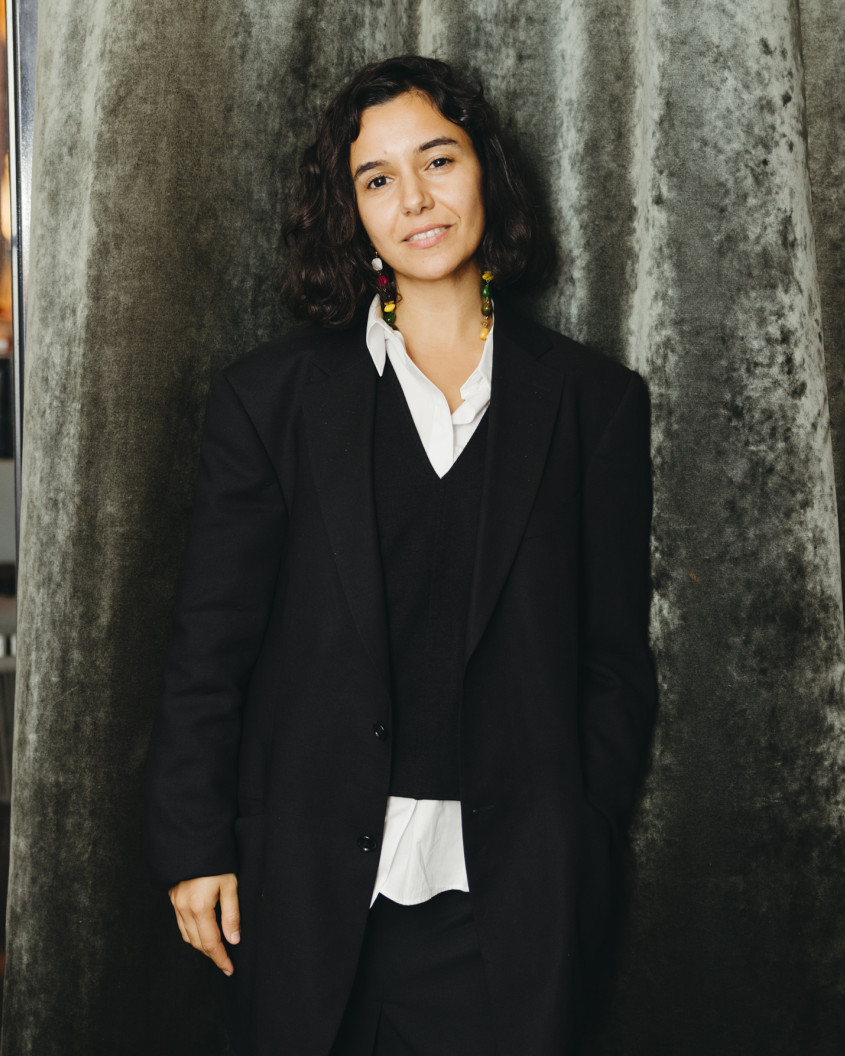
Sema, your motivation to create Auf Augenhoehe came from a very personal experience, right? Could you tell us more about your journey with Adaptive fashion?
Yes, I created Auf Augenhoehe inspired by my own personal experience with a close family member. My cousin Funda is a person of short stature, and throughout her life, I saw how challenging it was for her to find clothing that truly fit and reflected her personality. These experiences opened my eyes to the lack of options in the fashion industry for Disabled people. My journey with Adaptive fashion began from this awareness — realising that fashion is not just about style, but also about dignity, identity, and inclusion. It pushed me to think, "Why shouldn't everyone have the opportunity to wear clothes that make them feel confident and empowered?" This personal connection was the starting point of Auf Augenhoehe. Through all my work over the years, my perspective also evolved and I realise more and more how much of an impact clothing can have when you start to design with values.
Today, this journey has taken me far beyond just creating Adaptive fashion. I now share my insights and passion as lecturer at universities, delivering keynote speeches, and participating as a speaker on panels at conferences or podcasts and events around the world. I also collaborate with organisations and companies, consulting on how they can embrace accessibility and inclusion in their designs. Additionally, I’ve been honored to take part in fashion campaigns that represent this topic, raising awareness and showing the world how inclusive fashion can empower individuals. It's incredibly fulfilling to see how these conversations and efforts inspire change, encouraging more industries to prioritize accessible, adaptive, and empowering design solutions.
From a fashion designer perspective, what are the opportunities to work with Adaptive fashion?
As a designer, and more importantly, as a social impact driven entrepreneur and project creator, Adaptive fashion opens doors to not just creative expression but also to meaningful impact. Designing for diverse bodies challenges you to step outside the box and approach fashion with more thought and care. For instance, it’s not just about making clothes that fit but about creating designs that make people’s daily lives easier, whether it’s through adaptive closures, fabrics, or cuts that cater to different mobility needs. I see it as a way to merge empathy with innovation. This field is full of untapped potential to create products that empower people, and as a business, there’s a growing market for it. It’s about making fashion work for everyone, not just a few.
[Adaptive fashion] is not just about making clothes that fit but about creating designs that make people’s daily lives easier. I see it as a way to merge empathy with innovation.
Sema Gedik
How has your experience with the Design Academy been?
I was part of the Design Academy project because I’ve always believed that fashion should be inclusive from the ground up. I’m passionate about pushing boundaries in fashion and bringing others along on that journey. The experience has been incredibly rewarding—it’s refreshing to work with designers who are eager to break the mold and create fashion that serves everyone. One thing I’ve learned is that inclusivity is more than just a design challenge; it’s about changing the way we think as a society. Seeing the participants approach Adaptive fashion with such passion and commitment reminded me of my own journey with Auf Augenhoehe, where empathy and innovation go hand in hand.
What impact do you hope the Design Academy participants will have on the fashion industry and the wider conversation around inclusivity and accessibility?
I hope that the Design Academy participants take what they’ve learned and become champions for inclusivity in fashion. We have some incredible examples of Adaptive designs from participants. I believe their work will spark larger conversations around accessibility and inclusivity, not just in fashion but across industries. My hope is that they inspire others to follow suit, helping to build a fashion world where everyone feels represented and valued.
Inclusivity is more than just a design challenge; it’s about changing the way we think as a society
Sema Gedik
Learn more
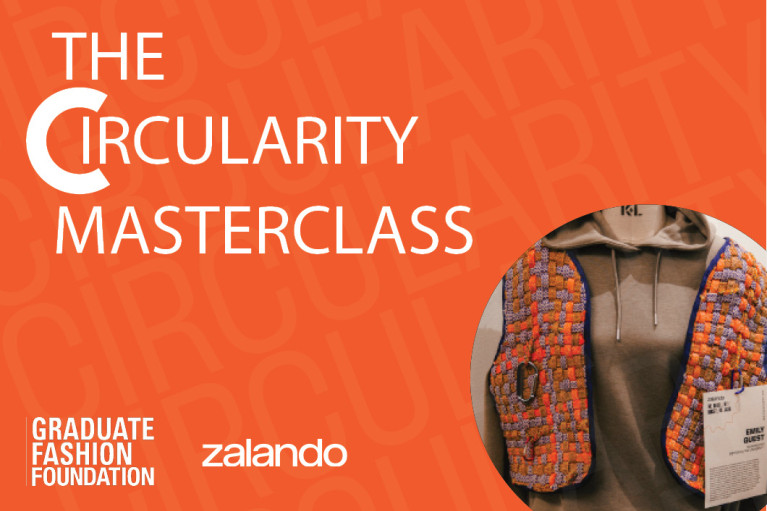
Beyond the textbook: training future circular fashion leaders
We're launching the expanded 2025/26 Circularity Masterclass to drive industry transformation
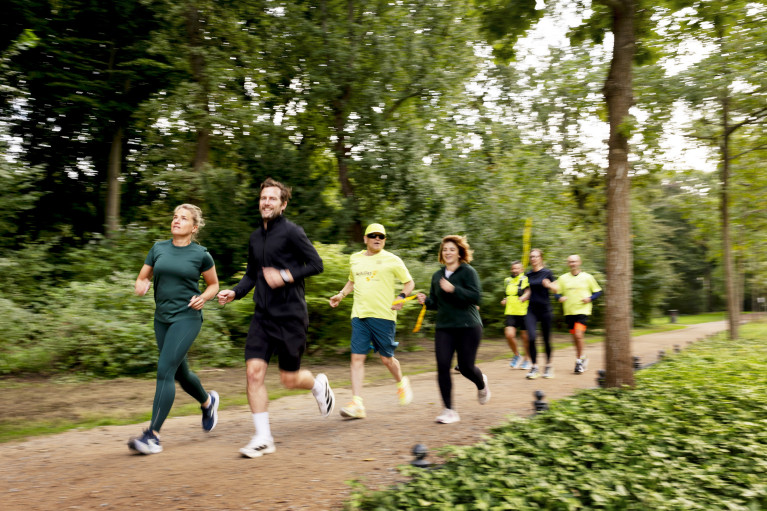
Get more from your run
Running for all: a panel with para-athletes at the Zalando Run Zone
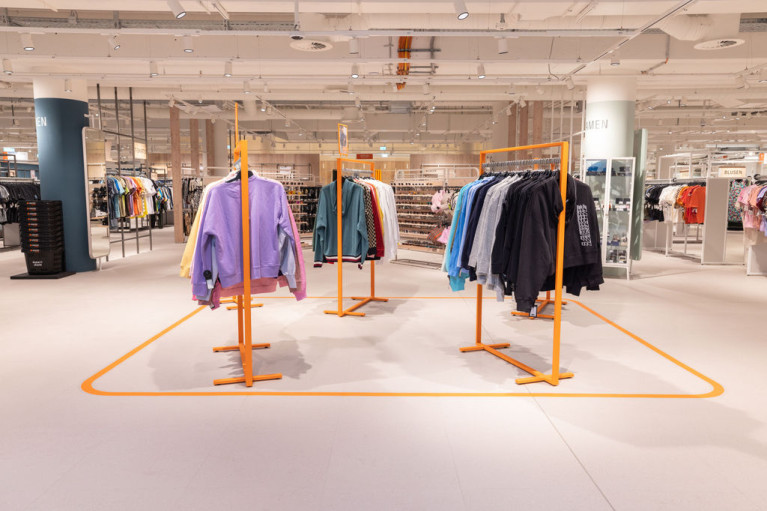
Outlet by Zalando: giving clothing, footwear and accessories a second chance
How we offer goods from our online shop and refurbished returns at attractive prices, giving fashion a second life.
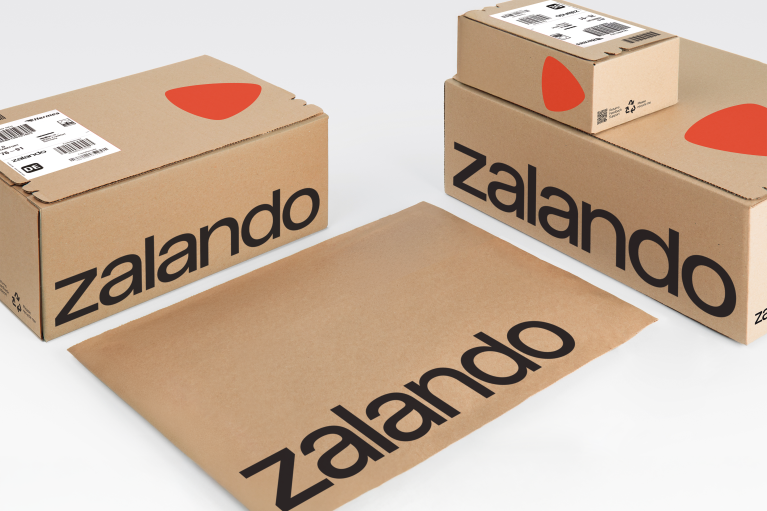
Unwrapping a fresh look
Our new brand identity is now showing up on our packaging! Spot the fresh design in your next order – bold, inspiring, and unmistakably Zalando.
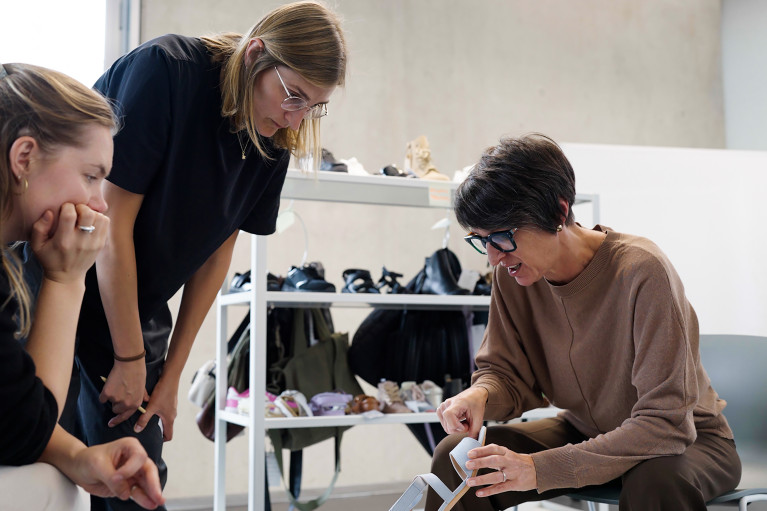
If the shoe fits, wear it!
The evolution of Adaptive footwear is making it easier for everyone to put on stylish shoes by themselves and feel great about their outfit from head to toe

What’s on our packaging
What makes great and more sustainable packaging? Discover how we’re rethinking packaging and why paper vs plastic isn’t always black and white.
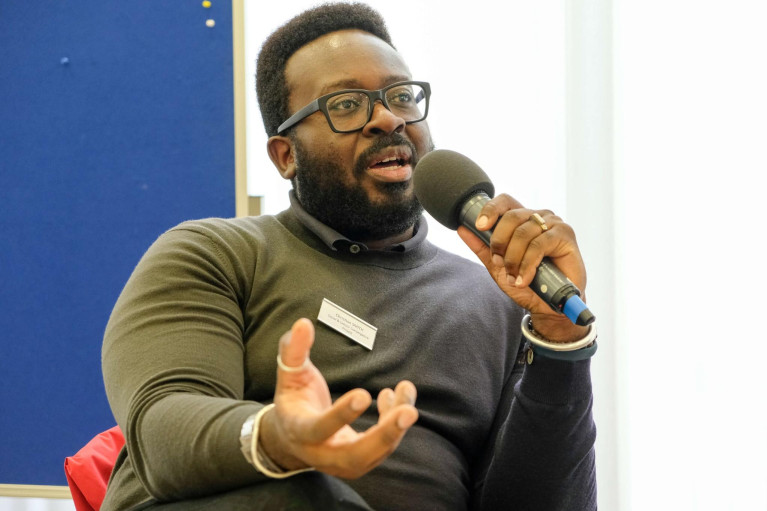
CSRD framework: our learnings from year one
Our Head of Reporting shares insights into our voluntary CSRD report, overcoming reporting challenges, and navigating evolving regulations
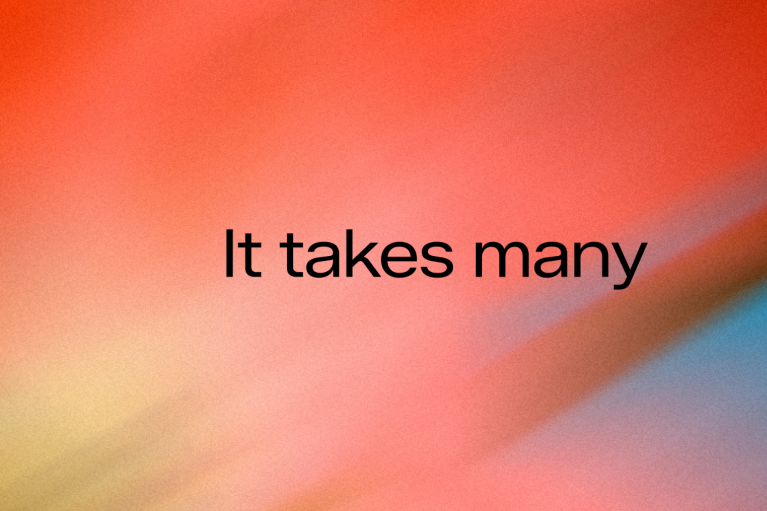
Walking the talk
Our latest sustainability behaviour report is a call for collective action. Here are five ways we’re making a difference.